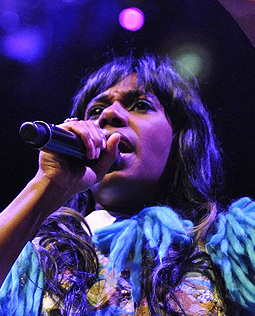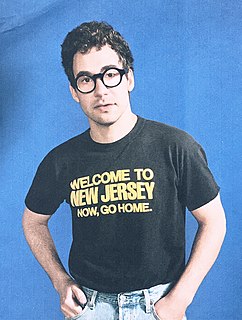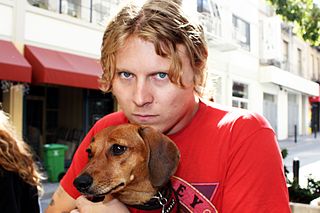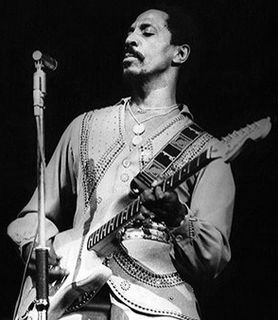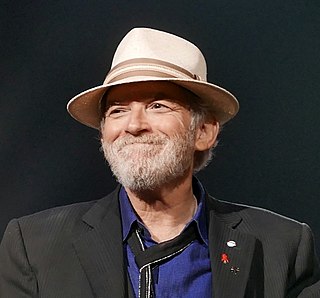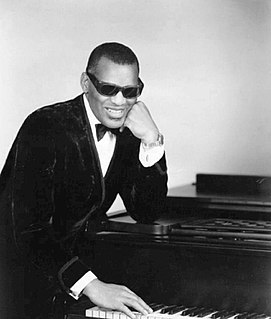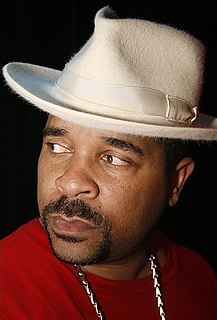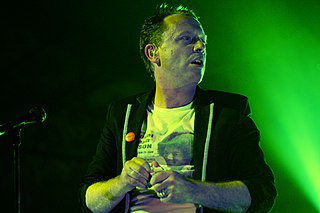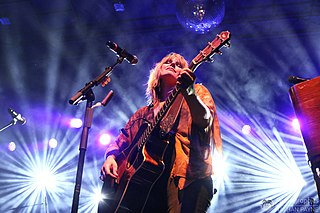A Quote by Martin Gore
I don't know if it's cool to say this anymore, but I grew up listening to Gary Glitter. A majority of his songs were in that shuffle-blues beat, and I think that's probably why I tend to write like that.
Related Quotes
Gary Burnetts office is shelved with theological books, guitars fill the floor, and the drawers are crammed with CDs. In The Gospel According to the Blues, Gary brings his vocation as a New Testament teacher together with his passion for the blues and gives the reader scholarly knowledge and wise insight.
The words to country songs are very earthy like the blues. They're not as dressed up and the people are very honest and say, 'Look, I miss you darlin', so I went out and got drunk in this bar.' That's the way you say it. Where in Tin Pan Alley they would say, 'Oh I missed you darling, so I went to this restaurant and I sat down and had a dinner for one.' That's cleaned up now, you see? But country and blues tells it like it is.
I think if you listen to our records, they come at different points in your life. When people say to me that Stars records have themes, I think what they mean is we write songs - or try to write songs - that are timeless. We try to write songs that catch you at the right time in your life, and that you can hold on to. We write kitchen sink songs. If you're doing the dishes or you're driving to your mom's funeral, or if you're getting over having done MDMA and you feel sad, you can listen to Stars because we're not going to demand of you that you be cool.


